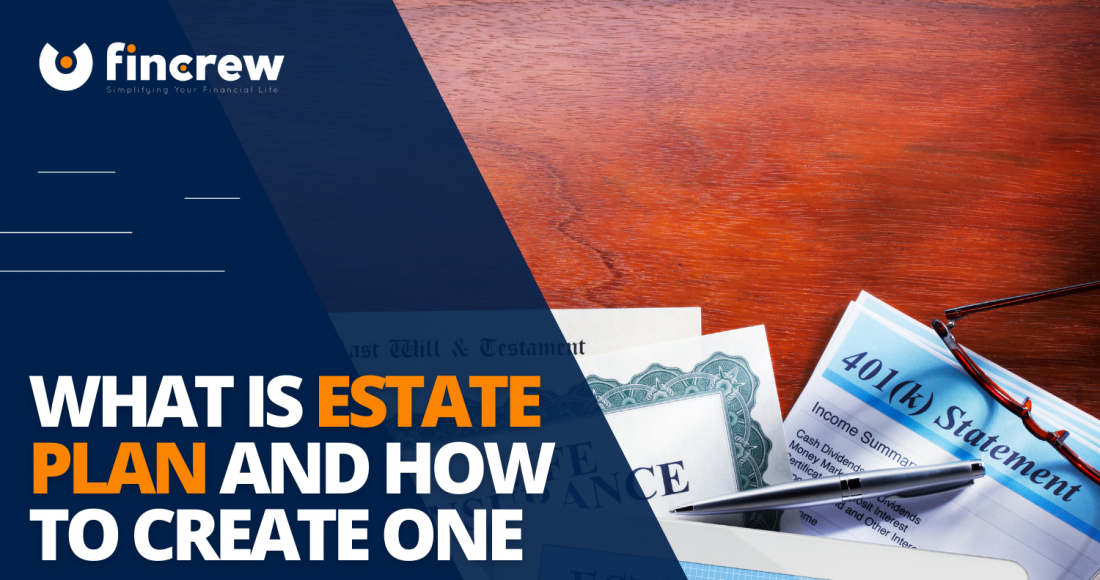You are aware of the need to have an estate plan. When you do not prepare an estate plan, your survivors have difficulty settling your affairs. Regardless of your complex’s size estate, it would be best if you planned in case of your death
What Is Estate Planning?
The Estate Planning process involves determining who will inherit your assets and handle your responsibilities after your death or incapacity. The idea is to ensure that they distribute your assets to minimize estate taxes, gift taxes, income taxes, And other taxes. With Estate Planning, you can create a platform you can adjust as your financial and personal circumstances change. But, you should ask yourself: how would you like your assets distributed if you were incapacitated or dying? Have trouble getting started with the planning? By following this checklist, you will cover most, if not all, of your bases.
Inventories Should Be Itemized
It will help if you start by going through your home and making a list of all valuables. There are several examples of these assets: homes, televisions, vehicles, jewellery, lawn equipment, collectables, art And antiques, computers, and power equipment. You may discover that the list is much longer than you originally anticipated. It may be helpful to add notes as you go if someone suggests that you’d like them to have the item after you pass away.
Plan For The Needs Of Your Family
Knowing what’s in your estate is the first step in protecting assets and your loved ones after you die. Next, you must have enough life insurance – if you’re wondering, “How much life insurance do I need?” The answer will differ based on several factors, such as where you live, if you’re married, and whether you are earning two incomes. Having a child with Special Needs or paying for college tuition could make life insurance even more crucial. When you write your will, you should appoint guardians for your children and a backup guardian. Then, your estate can benefit from avoiding costly family court battles that could drain its assets. If you don’t envision certain family members being there to raise your children or understanding your child-rearing ideas or goals, document your wishes for their care. If the issue is in Court, do not assume that judge will comply with your wishes.
Make A List Of Your Debts
Make a separate list of credit cards you have open and other obligations you may have. Include all your debts, such as auto loans, mortgages, and any other loans you may have. Please Include:
- The account numbers.
- The locations of the signed agreements.
- Addresses of the companies with which they owe a debt.
Include all your credit cards. Note which ones you use regularly and which ones you tend to leave unused.
Choose An Estate Administrator Who Is Responsible
After you die, your executor or estate administrator will be responsible for your will’s Administration. Therefore, you should ensure they are accountable and have a good mental state when selecting someone for the position. If You Already Have A Spouse, Don’t Assume They’re The Best Choice. Instead, Consider How This Person’s Decision-Making Capacity Will Be Affected By The Emotions Related To Your Death. If That Becomes Problematic, Seek Out Other Qualified Individuals.
Create A Will
A will is a necessity for anyone over 18 years old. Your document determines how to distribute your assets, and it could prevent havoc among your heirs. Indicate a guardian in your will for your minor children and who will care for your pets. Donating assets to a good cause can also be one of your charitable intentions.

Creating a will is an affordable estate-planning document. Online services and other software packages can help you write your own choice. Your will should be signed and notarized by two witnesses not related to you. Ensure everyone knows where the document is to access it when needed.





